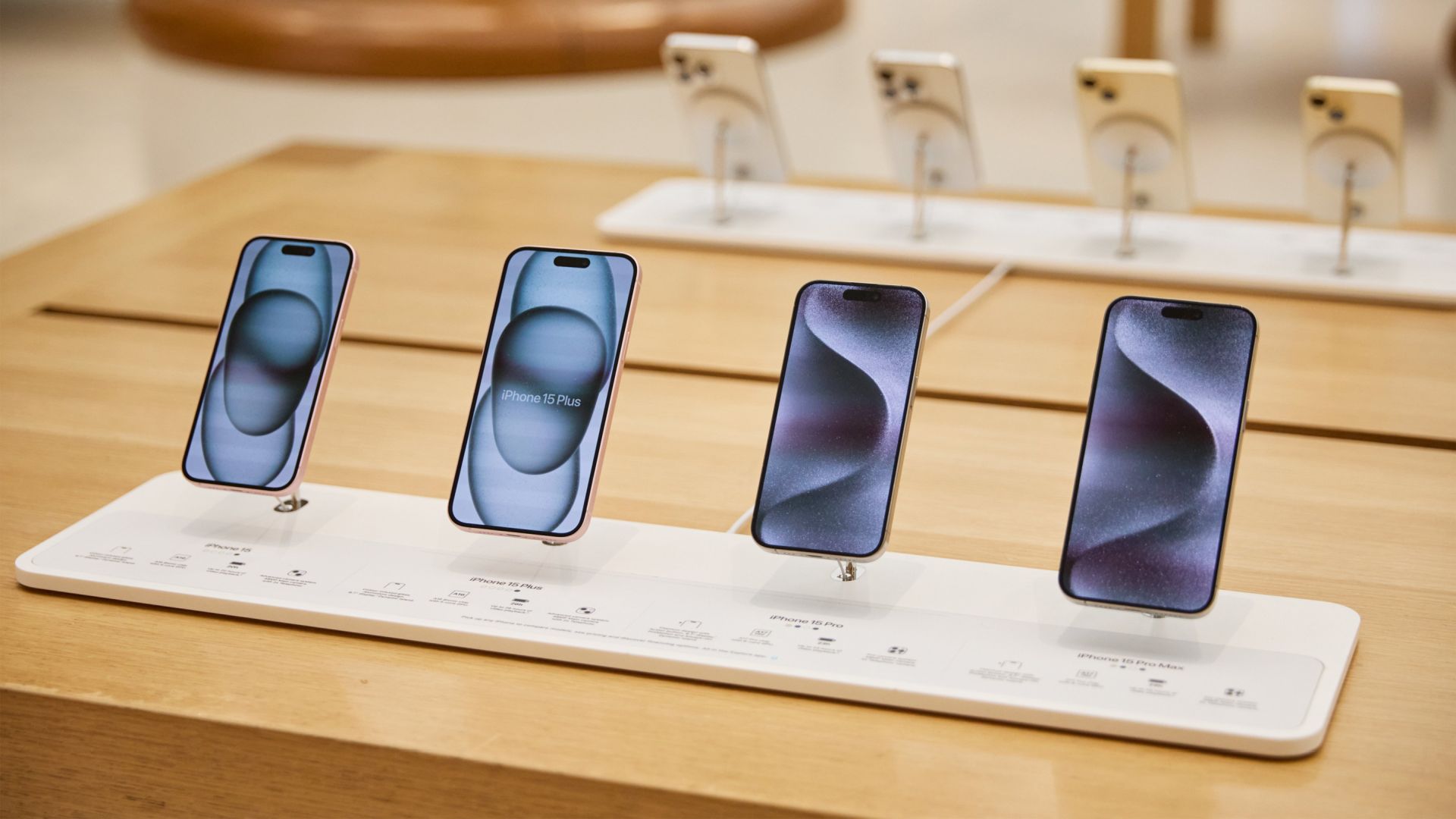The iPhone 16 may get an A18 chip all of its own and borrow from Apple's Mac naming convention
Skipping A17 entirely.

iMore offers spot-on advice and guidance from our team of experts, with decades of Apple device experience to lean on. Learn more with iMore!
You are now subscribed
Your newsletter sign-up was successful
When Apple announced the iPhone 15 Pro and iPhone 15 Pro Max last month it also announced the new A17 Pro chip, the first based on TSMC's 3nm fabrication process and the first 3nm chip of any kind to ship in a phone. But the iPhone 15 and iPhone 15 Plus had to make do with the iPhone 14 Pro's old A16 Bionic, a move that Apple doesn't look set to repeat with next year's iPhone 16.
That's according to analyst Jeff Pu of Haitong International Securities fame, at least. Pu believes that Apple will revamp its iPhone silicon next time out, and if he's right, it looks like the company is set to borrow heavily from the Mac's M-series chips when looking for a blueprint for what comes next.
Pu believes that the iPhone 16 and iPhone 16 Plus will get A18 chips next year, with the iPhone 16 Pro and iPhone 16 Pro Max sporting A18 Pro silicon instead. And if that naming convention sounds familiar, it should. Because it's one that Apple already uses.
That sounds familiar
This is according to a Pu research note seen by 9to5Mac in which he also notes that iPhone 15 demand hasn't been as strong as that of the iPhone 14 in China, a key market for Apple. This isn't the first time we've heard that, however. CNBC shared details of a Jefferies report recently that said much the same thing, with Huawei being the company to benefit.
More interesting was Pu's iPhone 16 and iPhone 16 silicon news, because you don't have to think about it too much for it to sound familiar.
It's clear that Apple wants to differentiate the Pro iPhones from the non-Pro models moving forward, and we saw that with the iPhone 15 Pro benefiting from the improved GPU performance of the A17 Pro. That chip will enable console-quality gaming moving forward, with no fewer than two Resident Evil games on the way to the App Store. Those games won't work on the A16 Bionic and I do find myself wondering whether they'll work on the iPhone 16's A18, too. Maybe they'll work, but not quite so well? Time will tell on that front.
But as far as the naming goes, Pu believes that we can expect the next iPhones to use A18 and A18 Pro chips. Beyond that, it doesn't take a giant leap to assume we'll see the A19 and A19 Pro, and beyond that, the A20 and A20 Pro seem a good bet.
iMore offers spot-on advice and guidance from our team of experts, with decades of Apple device experience to lean on. Learn more with iMore!
That might be new for the iPhone, and we've seen nothing like that on the iPad, either. But we only have to look to the Mac to see what Apple's plans are here. The M2 chip lives in Apple's lower-powered devices like the MacBook Air, but you'll find the M2 Pro in the more capable 14- and 16-inch MacBook Pros. They have more cores, and they're faster for it. Get a Pro machine (barring the 13-inch MacBook Pro which is the black sheep of the lineup) and you get a Pro chip.
It'll soon be the same over in iPhone world, too — buy a Pro iPhone, get a Pro chip to go with it.
What does that really mean for iPhone buyers?
Where things get tricky is in what that actually means for buyers of the iPhone 16 and iPhone 16 Plus. Today, the A17 Pro makes some features iPhone 15 Pro-specific, like faster USB-C data transfer speeds. We can presumably expect that differentiation to continue, but Apple may also be about to split the iPhones in other ways, too.
Soon you might have to buy a Pro iPhone to run the best games, not just transfer files more quickly. You already have to buy one to get the best photo and video features, so why not to play the most resource-hungry games as well?
And this all begs the obvious question, what about the iPad? Could future iPad Pros sue M2 Pro or M3 Pro chips? With the OLED iPad Pros tipped for a 2024 release, we'll have to wait to find out.

Oliver Haslam has written about Apple and the wider technology business for more than a decade with bylines on How-To Geek, PC Mag, iDownloadBlog, and many more. He has also been published in print for Macworld, including cover stories. At iMore, Oliver is involved in daily news coverage and, not being short of opinions, has been known to 'explain' those thoughts in more detail, too.
Having grown up using PCs and spending far too much money on graphics card and flashy RAM, Oliver switched to the Mac with a G5 iMac and hasn't looked back. Since then he's seen the growth of the smartphone world, backed by iPhone, and new product categories come and go. Current expertise includes iOS, macOS, streaming services, and pretty much anything that has a battery or plugs into a wall. Oliver also covers mobile gaming for iMore, with Apple Arcade a particular focus. He's been gaming since the Atari 2600 days and still struggles to comprehend the fact he can play console quality titles on his pocket computer.
